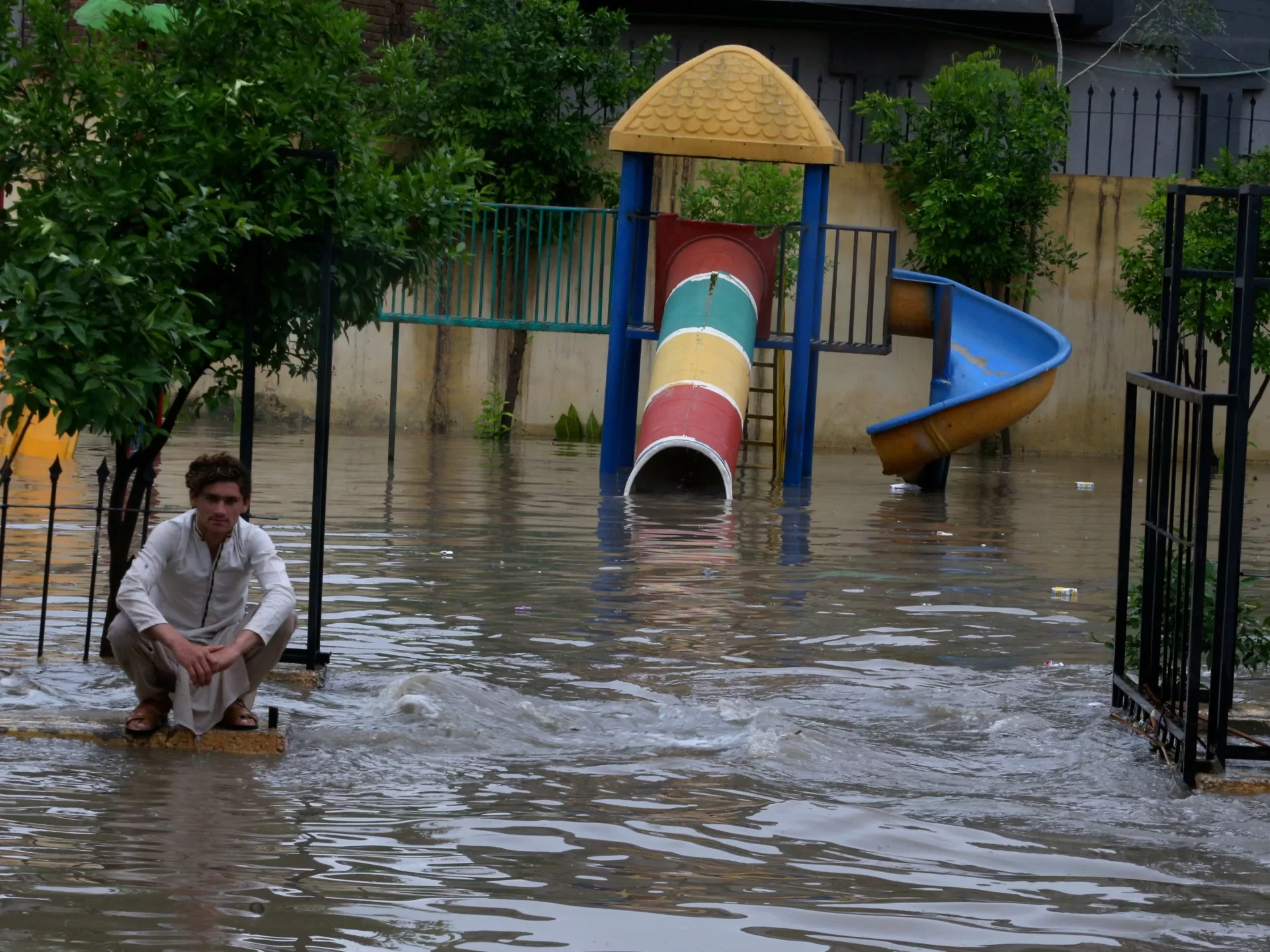World Meteorological Organization says floods and storms were leading cause of casualties and economic losses as impact of heatwaves becomes more severe.
In a report published on Tuesday, the World Meteorological Organization (WMO) said floods and storms were the main cause of casualties and economic damage in 2023, while the impact of heatwaves became more severe.
It found that Asia has been warming faster than the global average, with temperature rises in 2023 averaging nearly 2 degrees Celsius (3.6 degrees Fahrenheit) above the 1961-90 average.
“Many countries in the region experienced their hottest year on record in 2023, along with a barrage of extreme conditions, from droughts and heatwaves to floods and storms,” WMO chief Celeste Saulo said in a statement.
She added that climate change “exacerbated the frequency and severity of such events”, calling the report’s conclusions “sobering”.
The agency said 79 disasters associated with water-related weather hazards were reported in Asia last year. Of those, some 80 percent were floods and storms, with more than 2,000 deaths and nine million people directly affected.
The State of the Climate in Asia 2023 report also found that floods were the leading cause of death in reported events in 2023 “by a substantial margin”.
Hong Kong recorded 158.1mm (6.2 inches) of rainfall in one hour on September 7 – the highest since records began in 1884 – as a result of a typhoon.
The report also highlighted that most glaciers in the high mountain region in Asia had lost significant mass because of record-breaking high temperatures and dry conditions.
Precipitation was below normal in the Himalayas and in the Hindu Kush mountain ranges in Pakistan and Afghanistan in 2023, while southwest China suffered from a drought, with below-normal precipitation levels in nearly every month of the year.
Particularly high average temperatures were recorded from western Siberia to Central Asia, and from eastern China to Japan, the report said, with Japan having its hottest summer on record.
‘Urgency’ for action
The report comes as a number of Asian countries have been hit by severe floods in recent weeks.
In southern China, more than 100,000 people were evacuated on Tuesday due to heavy rain and floods that have killed at least four people. Meanwhile, authorities in Afghanistan and Pakistan last week declared a state of emergency in some regions after heavy rains and flash floods killed at least 100 people.
The WMO said there was an urgent need for national weather services across Asia to improve tailored information to officials working on reducing disaster risks.
“It is imperative that our actions and strategies mirror the urgency of these times,” said Saulo.
“Reducing greenhouse gas emissions and adapting to the evolving climate is not merely an option, but a fundamental necessity.”
